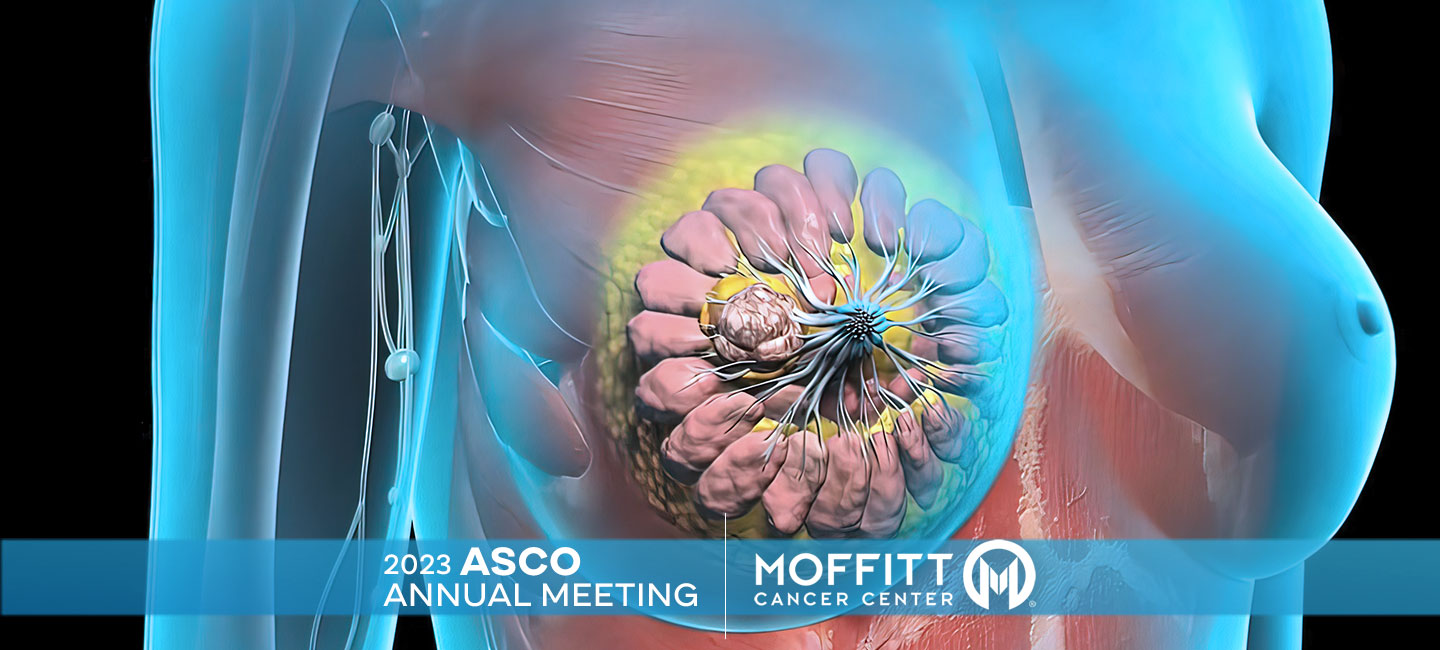Adding Inhibitor to Hormonal Therapy Reduces Risk of Breast Cancer Recurrence
Combining the CDK4/6 inhibitor ribociclib (Kisqali) with standard of care hormonal therapy reduced the risk of breast cancer recurrence by 25% for patients with hormone receptor positive, HER2 negative early stage disease. That’s according to new clinical trial data presented at the American Society of Clinical Oncology Annual Meeting. The findings could have a great impact considering hormone receptor positive, HER2 negative breast cancer accounts for 70% of all new breast cancer diagnoses.
The NATALEE trial included 5,101 men and premenopausal and postmenopausal women with breast cancer who were at risk of recurrence. Patients were randomized into arms receiving either adjuvant ribociclib with hormonal therapy (2,549 patients) or hormonal therapy alone (2,552 patients). At a median follow-up of 34 months, 20.2% of those in the ribociclib group finished the three years of treatment, and 56.8% completed two years of therapy.

Dr. Hatem Soliman, Medical Director, Clinical Trials Office
Results showed that adding ribociclib to hormonal therapy led to a significant improvement in invasive disease-free survival compared with hormonal therapy alone. The three-year invasive disease-free survival rates were 90.4% in the ribociclib group compared with 87.1% in the hormonal therapy alone group. Ribociclib also showed more favorable outcomes in overall survival, recurrence-free survival and distant disease-free survival.
“The NATALEE trial data may eventually provide oncologists with another treatment option for women with high-risk early stage hormone receptor positive breast cancer. Additional research into optimal patient selection and management strategies will be important to optimize the benefit for patients treated with CDK4/6 inhibitors in the adjuvant setting,” said Dr. Hatem Soliman, medical director of Moffitt Cancer Center’s Clinical Trials Office.
The NATALEE study protocol calls for ongoing follow-up to evaluate long-term outcomes of the therapy.
.@CNN covers study presented at #ASCO23 (LBA500) that a drug used in the early stage of HR+/HER2- breast cancer significantly reduced the risk of the cancer returning after treatment: https://t.co/1O9DvUuyho @jechristensen #bcsm
— ASCO (@ASCO) June 2, 2023



